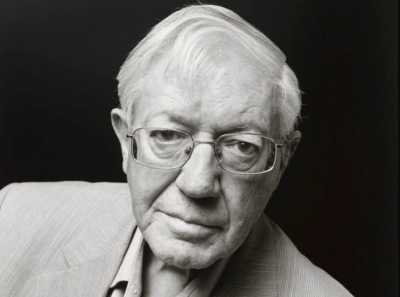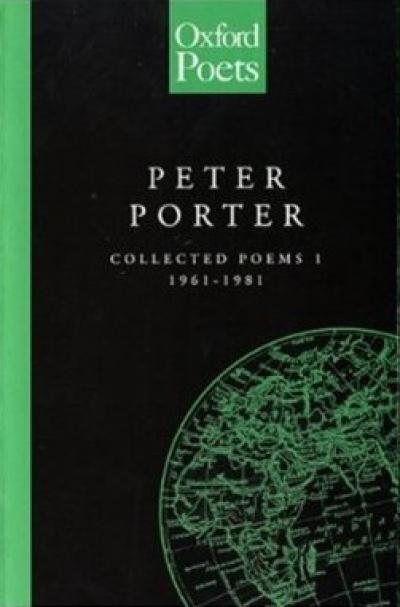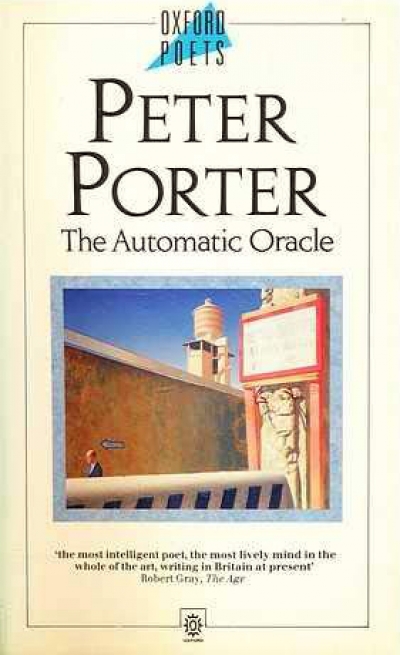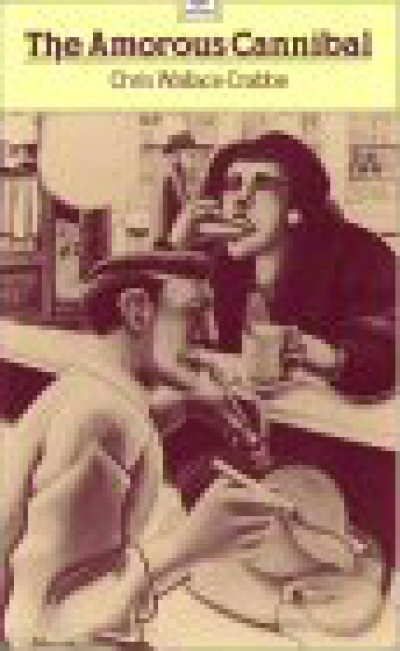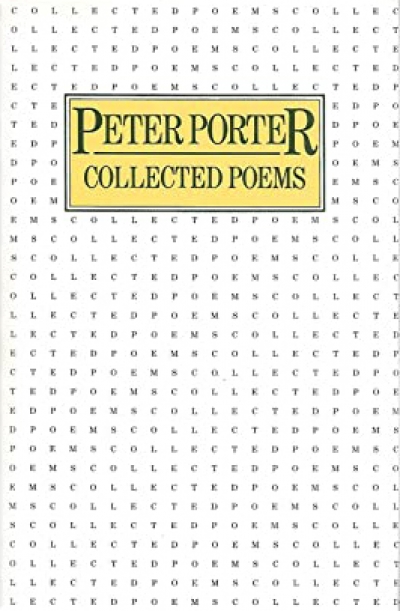Peter Porter
Who was it led us to overestimate the New?
The Greatest Living Poet’s recent volumes
are in a stack at your left hand – what do you do
in between getting on with your journalism?
Go back to his earlier and more spritely days
cool along your face, when you decided,
notwithstanding your resistance, as you claimed,
to literary fashion, that this intransigent
dandy got the world into his impure verses
as almost no responsible rival did –
so much so indeed that a jaunty episode
among the Check-Out Sylphs, an Ode to a Torpedo,
or some sort of squirrel-hounded sexual outing
in the Allegheny Mountains seemed, as you read it,
a calm reflection worthy of Matthew Arnold
minus his Rugby gloom and moral nimbus.
As the grand navigator steps back in his boat,
As the last notes march to Heaven on a page,
So the attenuations of our lives
Are charted as polite reverberations,
Ready to be eroicomico indulgences
Or merely subjects in an academic quiz –
For such is memory’s braking, as the grave
Soul of humankind is shown as nought
On star charts, and each immensity
Aspires to be a simple once-born number.
Early on, my mind was in reverse.
I read a book the name I thought was From
White Cabin to Log House, and ever after
I knew ambition must go to cancrizans.
Collected Poems I 1961-1981 by Peter Porter & Collected Poems II 1984-1999 by Peter Porter
John Hanrahan reviews 'A.D. Hope' by Kevin Hart, 'James McAuley' by Lyn McCredden, 'Peter Porter' by Peter Steele, 'Reconnoitres' edited by Margaret Harris & Elizabeth Webby, 'Annals of Australian Literature' edited by Joy Hooton & Harry Heseltine
Oxford University Press has begun a welcome series called Australian Writers. Two further titles, Imre Salusinszky on Gerald Murnane and Ivor Indyk on David Malouf, will appear in March 1993, and eleven more books are in preparation. Though I find the first three uneven in quality, they make a very promising start to a series. In some ways they resemble Oliver and Boyd’s excellent series, Writers and Critics, even being of about the same length. However this new series is less elementary, more demanding of the reader. It is, predictably, far sparser in critical evaluation, concentrating on hermeneutics, and biographical information is as rare as a wombat waltz.
... (read more)
